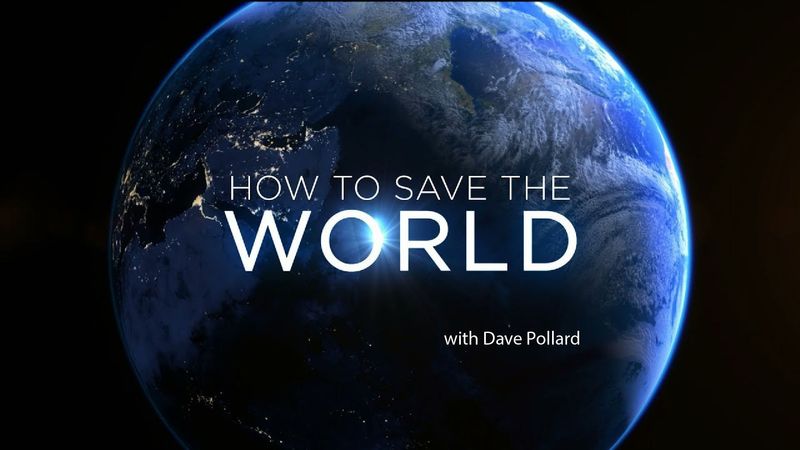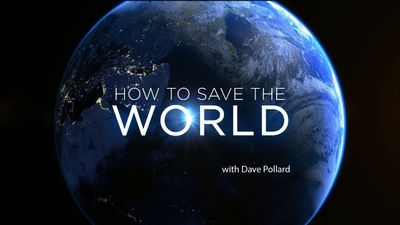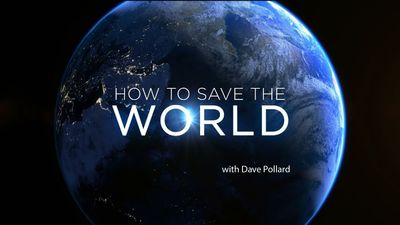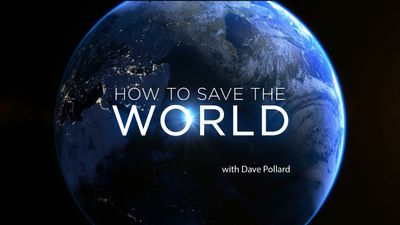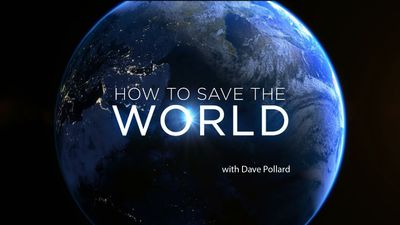Modernity as Whipping-Boy
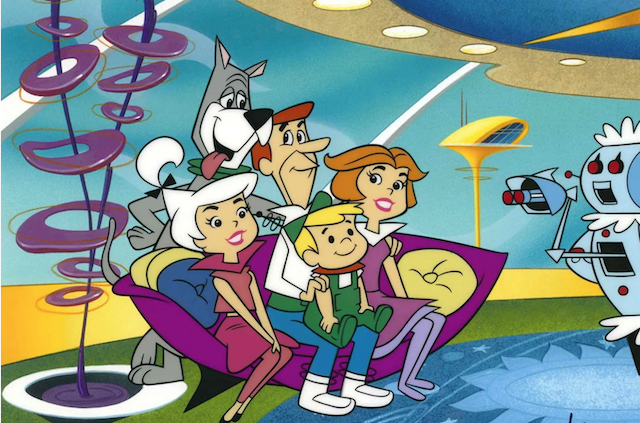
There’s been a major increase in the use of the term “modernity” in this century. In recent decades it had become mostly a term used by academics and arts students, but now I’m starting to see it everywhere.
It’s almost always being used disparagingly. By reactionaries it’s used nostalgically — things were better, apparently, in ‘pre-modern’ times. By technophiles and idealistic one-world globalists, it’s used hopefully, as a stepping stone towards the singularity or ‘the end of history’. And by progressives it’s used, usually, despairingly, describing everything that has turned out disappointingly.
It’s intriguing that the term seems to be outlasting “pomo”, which was also a mostly academic term that seemed mired in a sense of pretentious irony from the start, and was often seemingly used as a synonym for obsessive relativism, a kind of ‘well, anything’s got to be better than what we’ve got, but don’t count on it’.
But there doesn’t seem much agreement on what ‘modernity’ actually means.
Here is one writer’s list of the characteristics of modernity today:
- Bureaucracy–impersonal, social hierarchies that practice a division of labor and are marked by the regularity of method and procedure
- Disenchantment with the world–the loss of sacred and metaphysical understandings of all facets of life and culture
- Rationalization–the world can be understood and managed through a reasonable and logical system of objectively accessible theories and data
- Secularization–the loss of religious influence and/or religious belief at a societal level
- Alienation–isolation of the individual from systems of meaning–family, meaningful work, religion, clan, etc.
- Commodification–the reduction of all aspects of life to objects of monetary consumption and exchange
- Decontextualization–the removal of social practices, beliefs, and cultural objects from their local cultures of origin
- Individualism–growing stress on individuals as opposed to mediating structures such as family, clan, academy, village, church
- Nationalism–the rise of modern nation-states as rational centralized governments that often cross local, ethnic groupings
- Urbanization–the movement of people, cultural centers, and political influence to large cities
- Subjectivism–the turn inward for definitions and evaluations of truth and meaning
- Linear-progression–preference for forms of reasoning that stress presuppositions and resulting chains of propositions
- Objectivism–the belief that truth claims can be established by autonomous information accessible to all
- Universalism–application of ideas/claims to all cultures/circumstances regardless of local distinctions
- Reductionism–the belief that something can be understood by studying the parts that make it up
- Mass society–the growth of societies united by mass media and widespread dissemination of cultural practices as opposed to local and regional culture particulars
- Industrial society–societies formed around the industrial production and distribution of products
- Homogenization–the social forces that tend toward uniformity of cultural ideas and products
- Democratization–political systems characterized by free elections, independent judiciaries, rule of law, and respect of human rights
- Mechanization–the transfer of the means of production from human labor to mechanized, advanced technology
- Totalitarianism–absolutist central governments that suppress free expression and political dissent, and that practice propaganda and indoctrination of its citizens
- Therapeutic motivations–the understanding that the human self is a product of evolutionary desires and that the self should be assisted in achieving those desires as opposed to projects of ethical improvement or pursuits of public virtue
There’s something on this list for everyone to abhor. In fact, my suspicion is that modernity is mostly used as a weasel word for ‘what’s wrong with the world’, or, more precisely, what each of us particularly hates about the state of the world. If that’s the case, it really means nothing. We can all agree that the world seems fucked up, but we may have diametrically opposed views of what exactly is fucked up and why, and what should be done about it.
Are there any parts of the list above that we can all agree upon as abhorrent, distressing, or undesirable? I think there are a few:
- Complexity, unmanageability, and lack of control — There seems to be something inherent in human nature that loathes complexity, and wants everything to be simple, binary, and straightforward.
- Bureaucracy and other failures of scale — Despite the desires of many across the political and social spectrum to centralize and/or replicate the aspects of systems that seem to be working really well, the sad truth is that moving systems to a larger scale almost always brings dysfunctionality, disconnection, and fragility. Nature understands this, and goes instead for diversity, redundancy, and ‘small is beautiful’ processes. Large systems aren’t necessarily evil, homogenizing, or inflexible; rather, they’re clumsy, incompetent (‘efficient’ rather than ‘effective’), maladaptive, and hugely vulnerable to failure. Think: less Orwellian and more Kafkaesque.
- Unknowability, uncertainty, and ambiguity — We hate not knowing what’s going on, and why. As the world gets ever-larger and more interrelated and technologies evolve faster than cultures, we know less and less and get more distressed and anxious about our inability to keep up. We want things to be clear and predictable, almost as much as we want them to be as we’d like.
- Chronic stress — Alienation, industrialization, the speed of everything, confusion, and confrontation never give us time to rest, to reflect, and to get things sorted out.
- Disconnection — The ‘modern world’ in which most of us live is simply unnatural, prosthetic, arguably not how humans (or any species) were ‘meant’ to live, and not how indigenous peoples or wild creatures live. This has less to do I think with a loss of ‘freedom’ (freedom from, vs freedom to) or loss of autonomy than it has to do with our sense of bewilderment and dissatisfaction of not belonging anywhere.
These are not things that can be ‘fixed’ by moving forward from ‘modernity’ to something ‘better’. These are things that are only going to get more so, more infuriating, more anxiety-creating, and more distressing as collapse deepens.
What the growing and ubiquitous use of the term ‘modernity’ really signifies, I think, is a broad sense that ‘this isn’t how it was supposed to be’ — a sense of despair that all those well-intentioned and promising things we hoped and fought for have actually, mostly, made things worse rather than better.
Perhaps our criticism of modernity is an earnest attempt to re-establish connection with people from whom we are increasingly polarized. Maybe, the thought is, if we can find common ground on what’s wrong, we can stop fighting and neutralizing each other and start to move forward.
Or perhaps the malaise of ‘modernity’ is just the inevitable result of the realization that our vaunted civilization culture just doesn’t work for us anymore, if it ever did, and that in our ‘modern’ imaginative poverty, we simply cannot conceive of or draw upon any of alternative way to live.
What comes after modernity, I suspect, is collapse, a clumsy walking away, a period of chaos, and then, much too late for our liking, some radically new, local, small experiments in how to live together, and some scary, wondrous new beginnings.
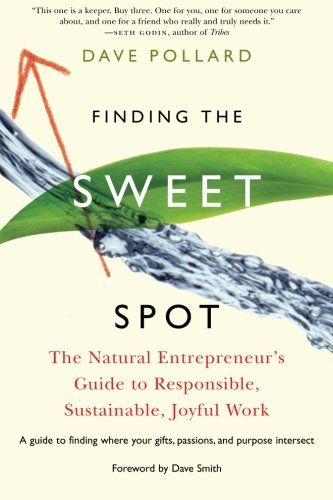
Finding the Sweet Spot: the natural entrepreneur's guide to responsible, sustainable, joyful work
"Now what am I going to do?" is a question many people ask—and leave unanswered—at critical potential turning points in their careers. Perhaps you’re a new graduate, but instead of lining up for a boring entry-level job at a big corporation, you wish you could start your own sustainable and responsible business

